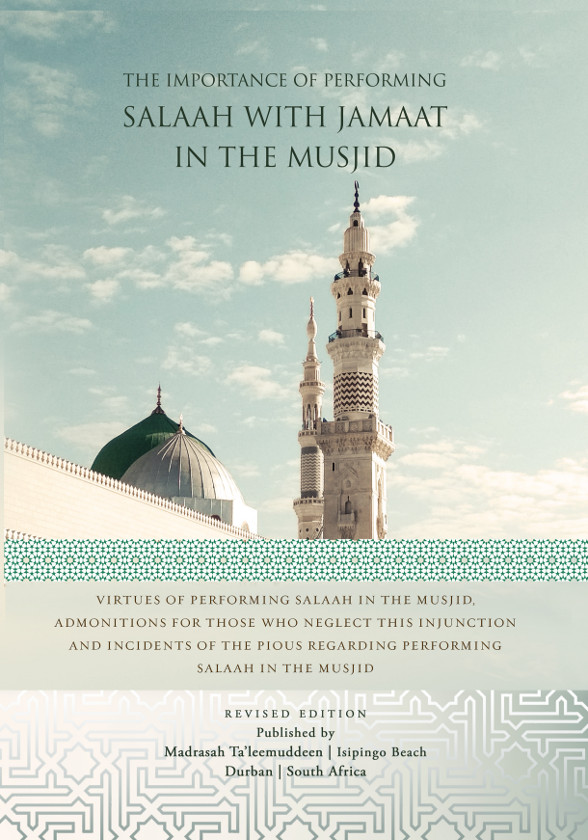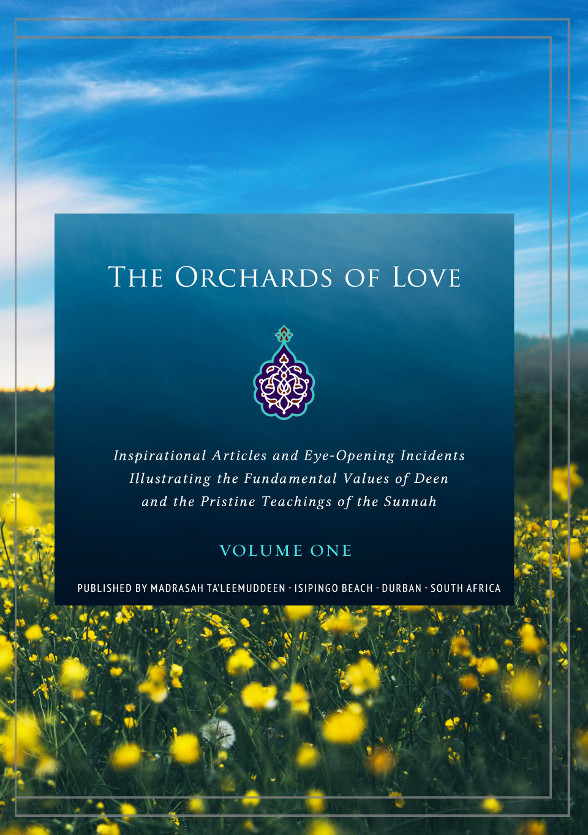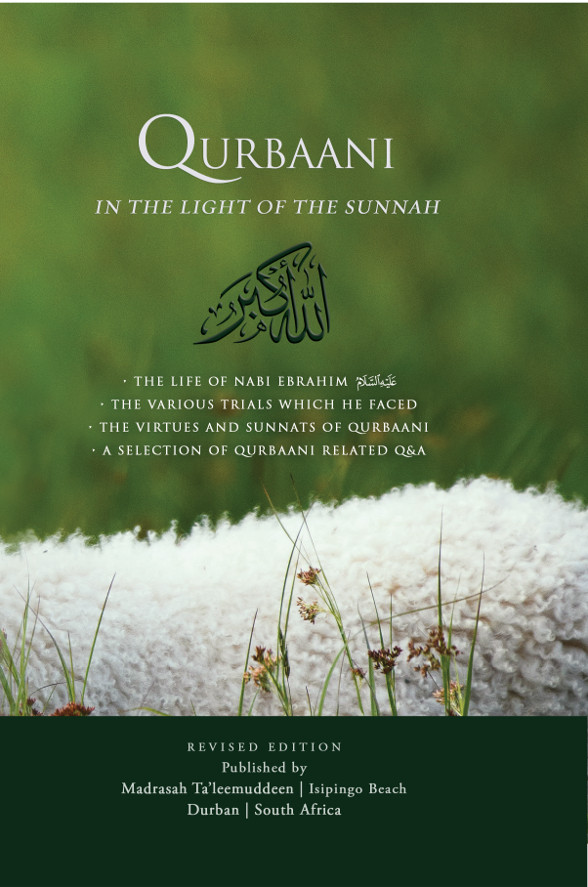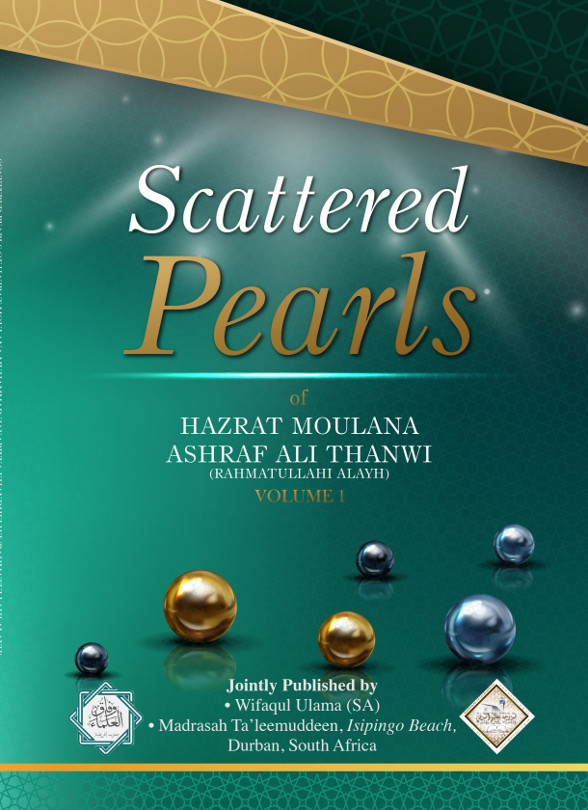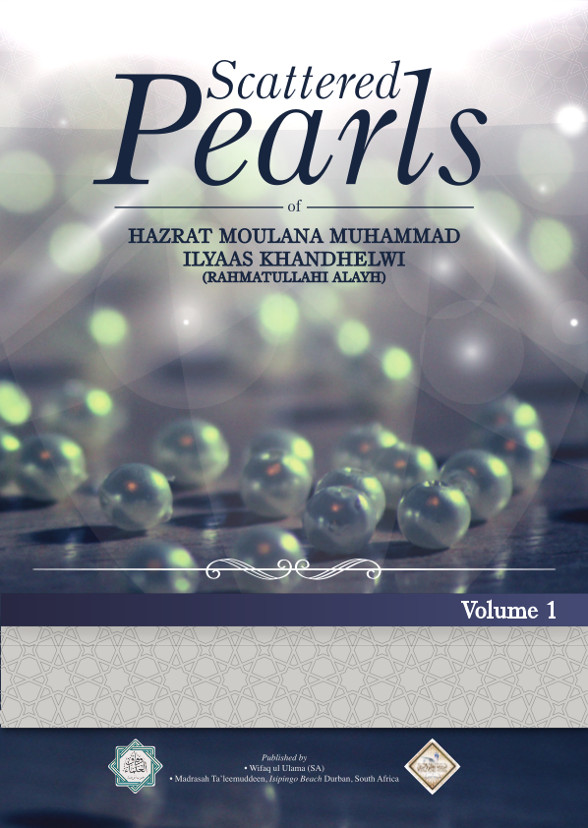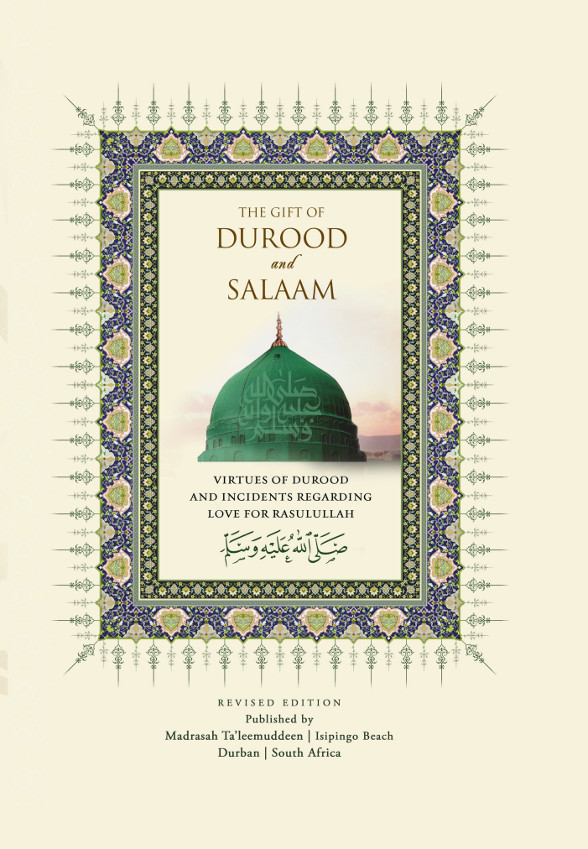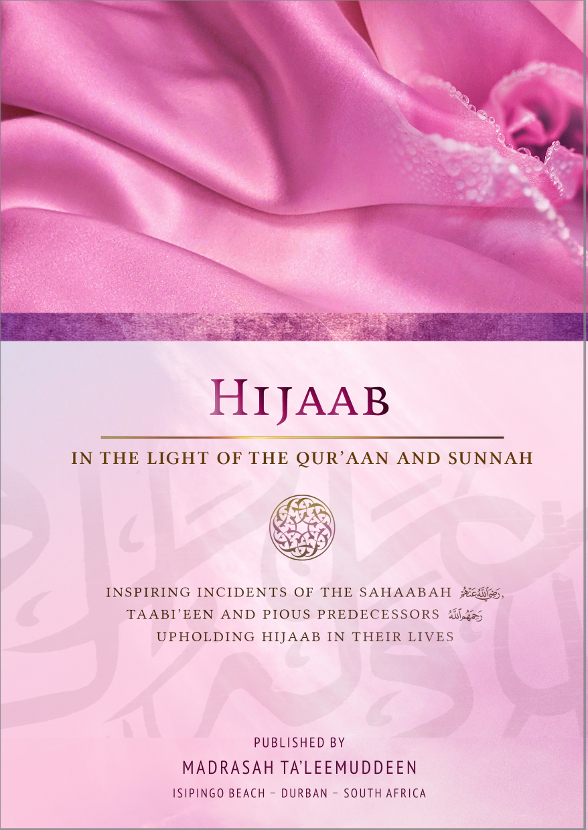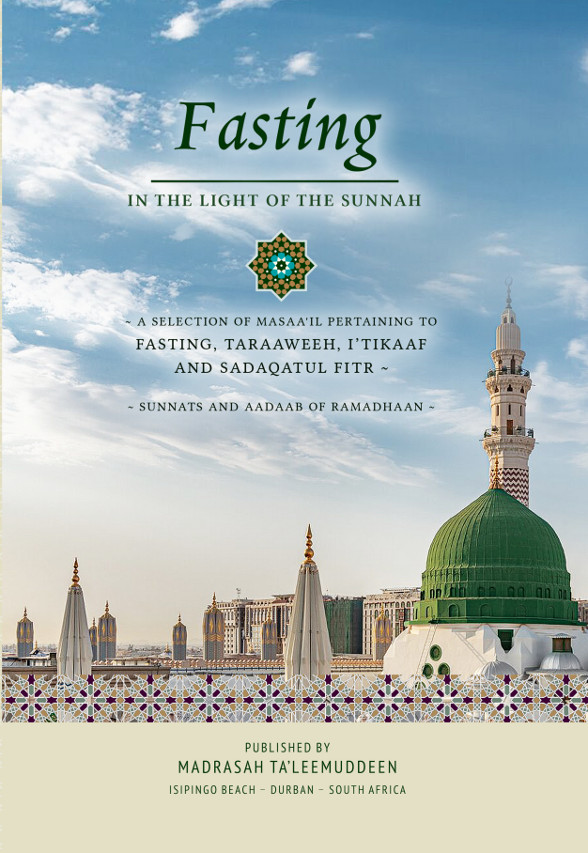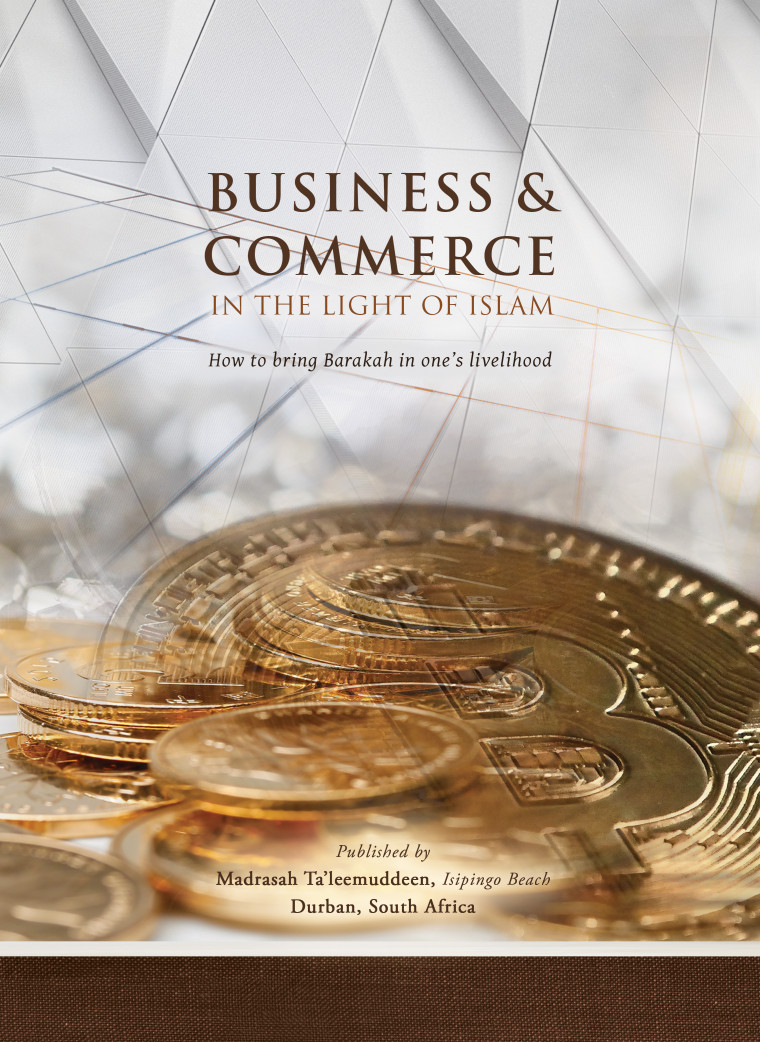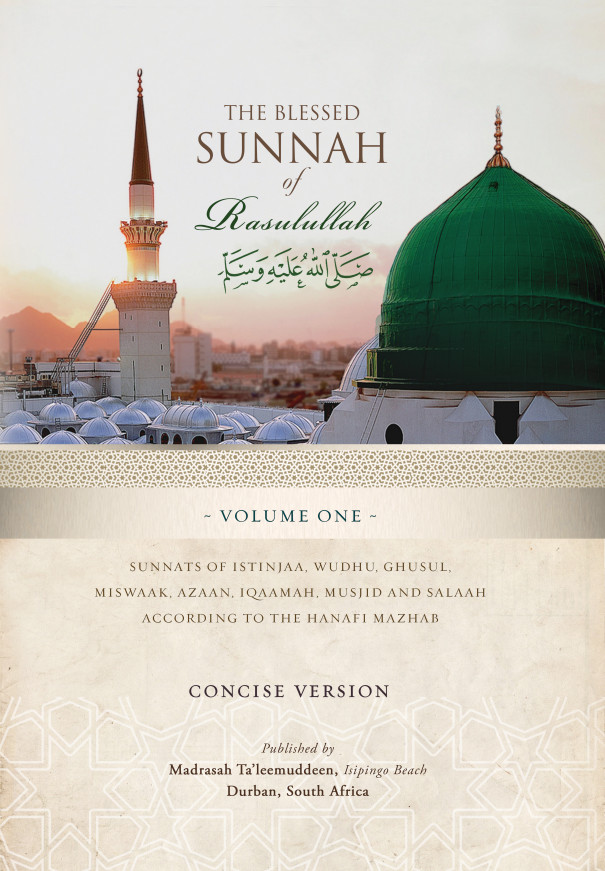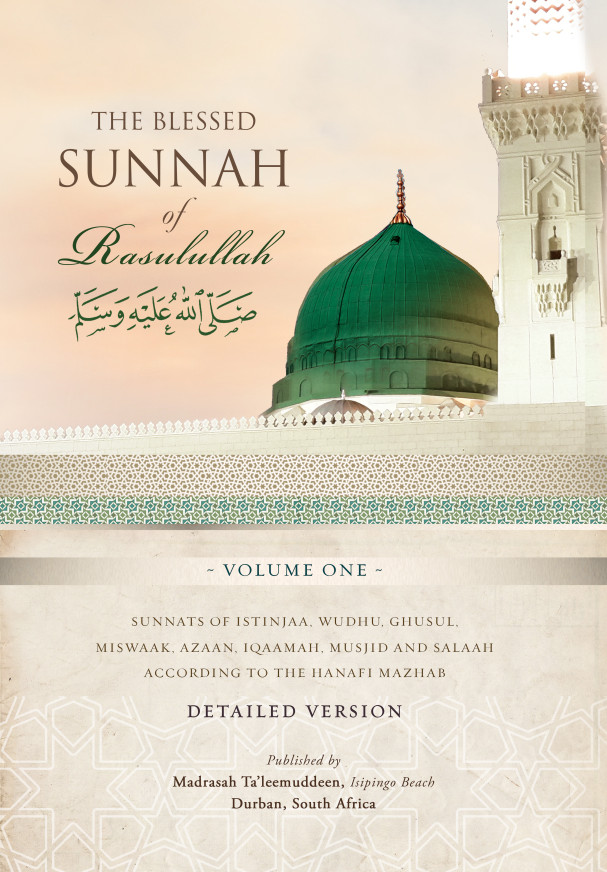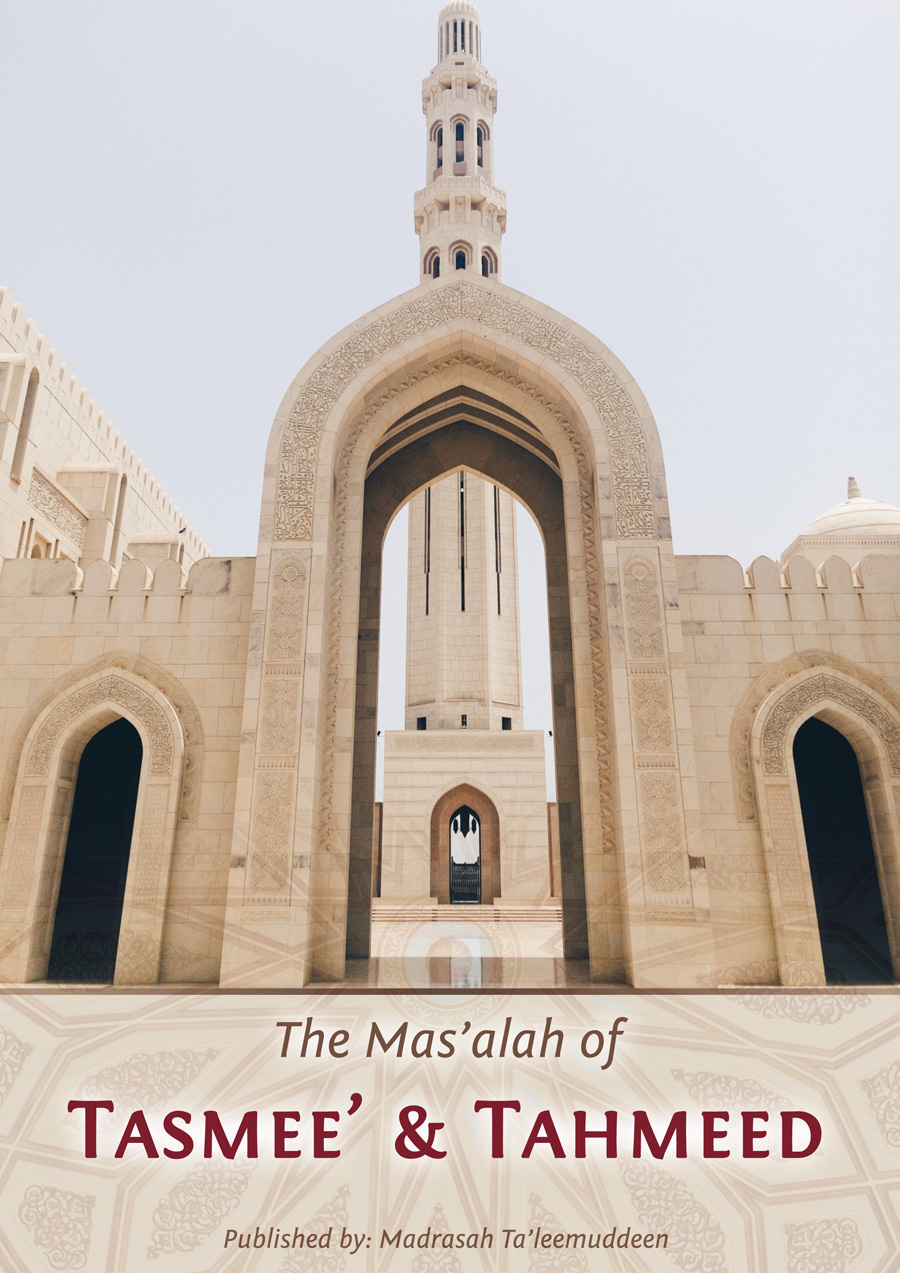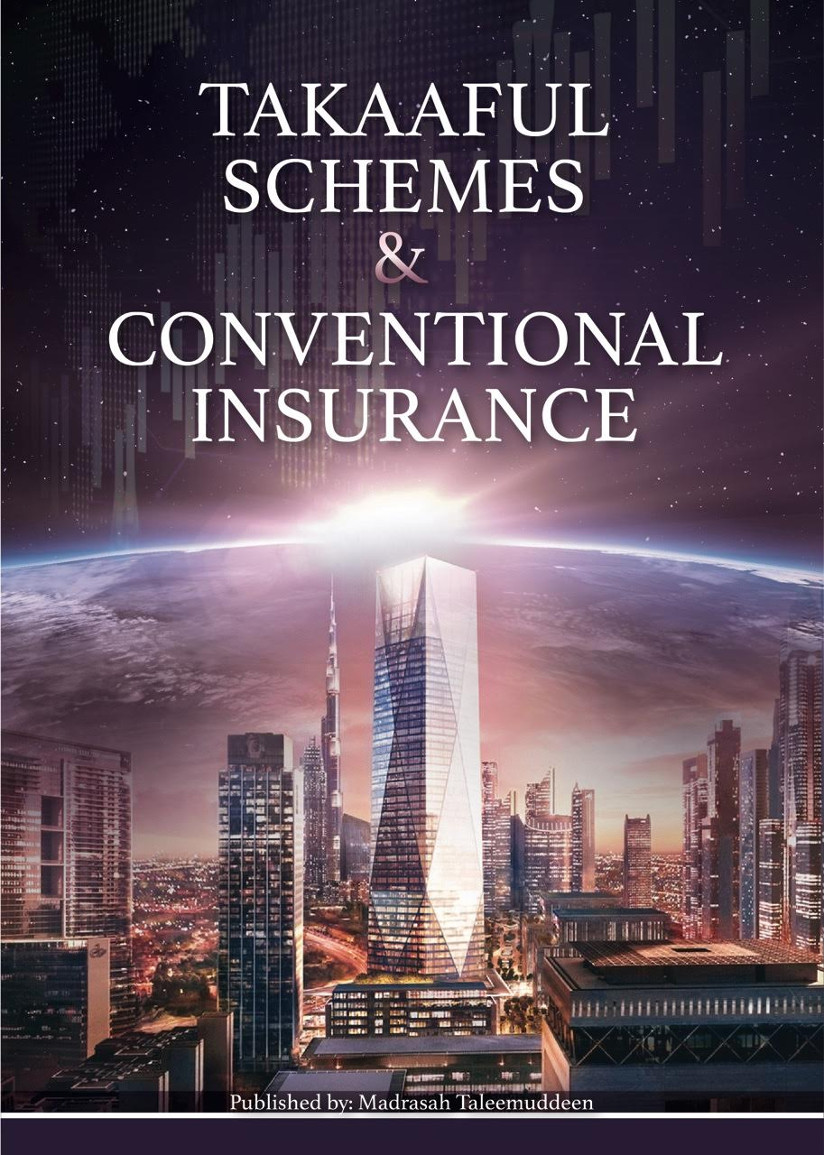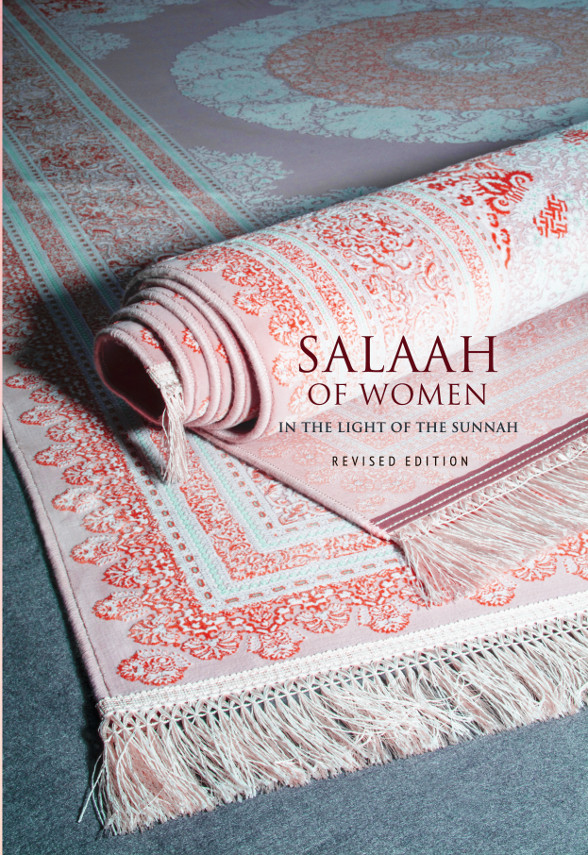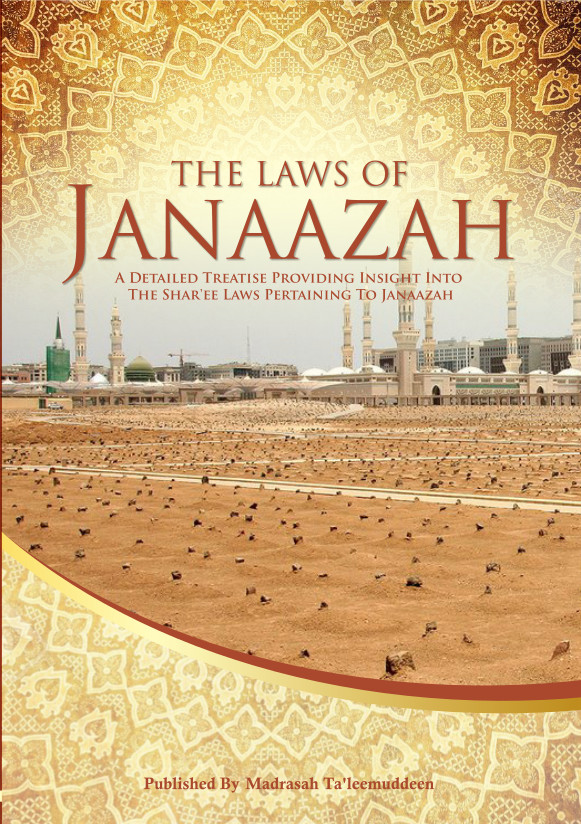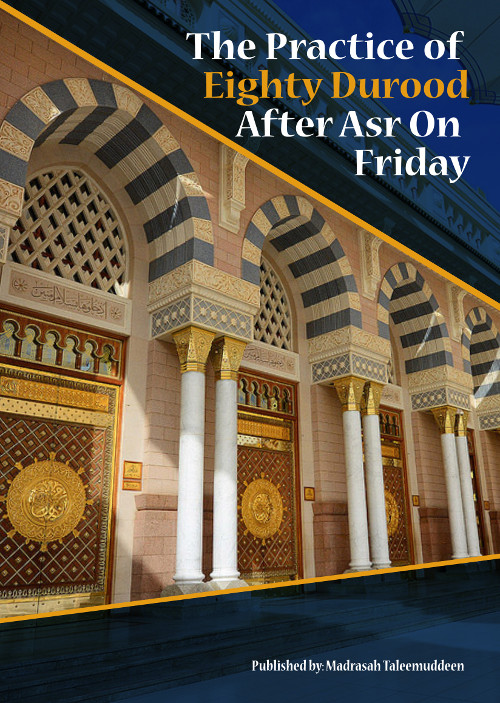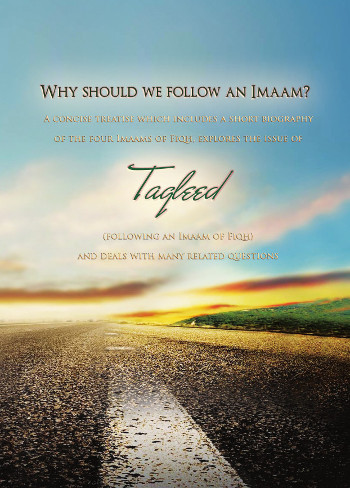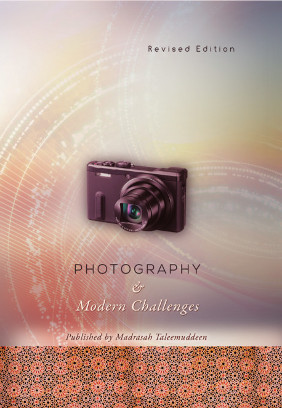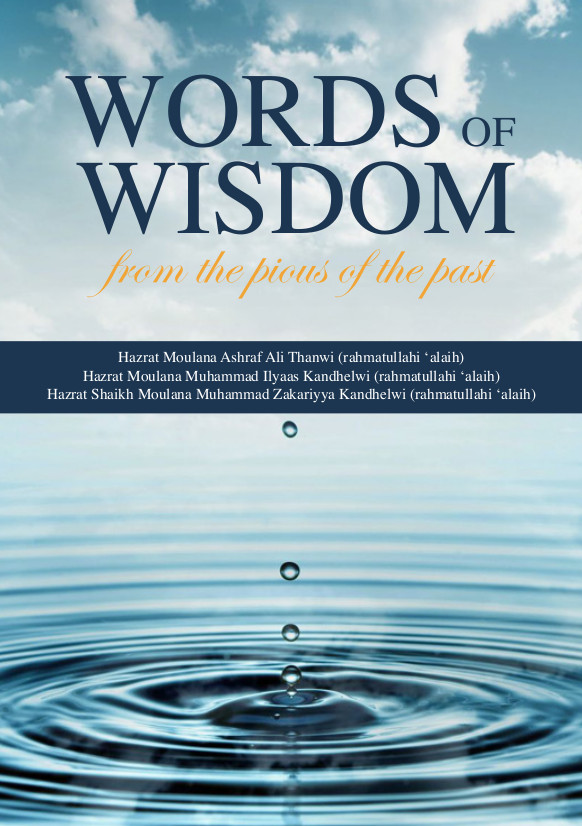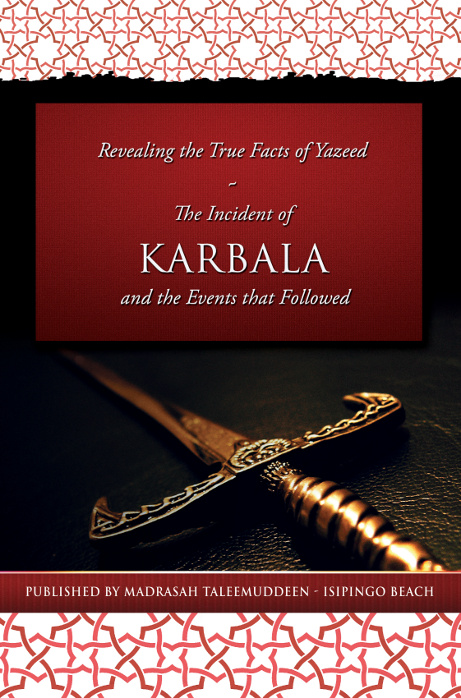Delivering a Bayaan or Khutbah from the Cellphone
Q: We have noticed a new trend where some people take out their phones and read the jumuah or eid khutbah from them, or refer to them when delivering a bayaan. Is it correct to deliver a bayaan or khutbah from a phone, or is this incorrect?

A: Before answering the question, it is necessary for one to gain the correct deeni perspective in regard to the issue so that one will be able to understand the answer correctly. In order for one to gain the correct perspective, one will need to understand two things:
(1) What position does Deen hold in the life of a believer?
(2) What is the position and reality of the cell phone?
Insha Allah, we will explain and elaborate these two issues below and thereafter address the issue in question:
The Position of Deen in the Life of a Believer
The Most Valuable Thing in the World
In the sight of Allah Ta‘ala, the greatest and most valuable thing in the world is deen. The purpose for Allah Ta‘ala creating this entire earth was to send this deen down to humanity so that they can uphold deen in their lives and make it their mission to propagate and preserve deen in the world.
For this most important and great task, Allah Ta‘ala selected the greatest of humanity, the Rasuls and Ambiyaa (‘alaihimus salaam), who were the most pure and chosen of the entire creation.
The medium which Allah Ta‘ala used to send down this deen to the Ambiyaa (‘alaihimus salaam) was wahi (divine revelation). Allah Ta‘ala would send the greatest of the angels - Hazrat Jibreel (‘alaihis salaam) - to the Ambiyaa (‘alaihimus salaam) with the wahi. Such was the lofty position and great importance of wahi that at times, Hazrat Jibreel (‘alaihis salaam) would be escorted by an entourage of seventy thousand angels surrounding him from all sides in honour of the revelation and for divine protection from any evil influence of the shayaateen.
Just as every medium of honour and respect was afforded to the wahi prior to it coming down to the earth, then after it reached the earth, Allah Ta‘ala had commanded the Ambiyaa (‘alaihimus salaam) and their ummats to show it the greatest level of respect, reverence and honour, as it is the divine word of Allah Ta‘ala and His divine constitution.
Hence, every believer should understand well that deen is the greatest and most valuable bounty he possesses in his life, and he should show it the greatest level of respect, reverence and honour at all times.
Islam – the Deen of Purity
Just as the outstanding feature of wahi (divine revelation) of the Qur’aan Majeed was the divine honour which it received, similarly another outstanding feature of the wahi (divine revelation) of the Qur’aan Majeed was that it should be kept in its pure and pristine form at all times. Hence, the aspect of purity should always prevail and be upheld when dealing with it.
Below we will present few examples which illustrate the high degree of purity which Islam advocates and commands a believer to uphold in his life and ibaadaat (acts of worship):
1. Allah Ta‘ala commanded that His book, the Qur’aan Majeed, only be touched in the state of cleanliness and wudhu. Thus, if one is in the state of janaabah (requiring a fardh bath), then let alone touching it - it is not even permissible for him to recite it from memory.
2. Allah Ta‘ala has commanded that one enters His home (the musjid) in the state of purity. If one is in the state of impurity (janaabah), then it is not permissible for him to even enter the musjid.
3. To perform salaah as well, one needs to be in the state of purity, and shari’ah commands that the clothing and place should also be pure. A woman cannot perform salaah in the state of impurity (haidh or nifaas), nor can she fast in that state.
4. Shari’ah commands that a believer refrains from the company and association of people who are impure in their thinking and ways, and in their habits and values.
5. In the Qur’aan Majeed and the Mubaarak Ahaadith, Allah Ta‘ala and His Rasul (sallallahu ‘alaihi wasallam) has commanded us to only consume that which is pure and halaal. The Ulama explain that it is through consuming pure and halaal food that one will gain the strength and motivation to carry out good deeds. Conversely, consuming haraam food will cause one to become attracted to evil and fall into sin.
6. When it comes to spending wealth in the path of Allah Ta‘ala, then here as well, Allah Ta‘ala only accepts wealth that is pure and halaal. Hence, Rasulullah (sallallahu ‘alaihi wasallam) mentioned, “Indeed, Allah Ta‘ala is Most Pure and He only accepts that which is pure.” (Saheeh Muslim #1015) Thus, wealth that is earned through riba (interest), fraudulent dealings, etc. is not accepted by Allah Ta‘ala.
7. Islam also commands that one’s heart and soul should be kept pure and clean from all types of filthy qualities and evil attributes. Thus, in one Hadith, Rasulullah (sallallahu ‘alaihi wasallam) mentioned, “The one who has even an atom’s amount of pride in his heart will not enter Jannah (until he is not purified through undergoing punishment in Jahannum).” (Saheeh Muslim #91)
Hence, from all the above, it becomes abundantly clear that this deen is a deen which is based on the foundation of respect and purity, and it advocates that the highest levels of respect and purity be afforded to it at all times - purity of the mind and heart, purity of beliefs and ideologies, purity of the body and clothing, purity of one’s ibaadaat (acts of worship), purity of one’s business dealings and social etiquettes, purity of one’s surroundings and environment, purity of association and company, purity of character and morals.
In essence, deen is the divine constitution of Allah Ta‘ala that has to be kept in its pure and pristine form without any adulteration, pollution or contamination, and should be safeguarded from any mixture with impurity.
The Position and Reality of the Cell Phone
If one has to examine the cell phone which is a modern-day technological invention, then perhaps many would regard it to be a normal device which one requires to fulfil one’s needs. Hence, one may feel that there is no problem in looking at one’s cell phone in the musjid when delivering the khutbah or giving a bayaan.
However, on close inspection and examination of this device which is a “double edged sword”, one realizes that it is the cause for countless wrongs and evils being perpetrated throughout the world, whether at the hands of believers or disbelievers.
Despite the fact that in today’s times, the cell phone is regarded as a need in most people’s lives, in view of the haraams that are perpetrated on this device and the filth that is stored on it, one will realize that this device is a tool of the west used to promote their haraam. Such is the inherent and overwhelming filth of the internet that even when pious people view the internet looking for halaal content, haraam pops up involuntarily and unintentionally on the screen.
It is well known to all that through this device, the influence of the kuffaar has penetrated to the furthest corners of the world, and even the holy cities of Makkah Mukarramah and Madinah Tayyibah have not been spared. Via the cell phone, they have breached all borders and surpassed all limits in intensifying the force of fitnah and accelerating the spread of immorality.
The evil effects which the TV, internet and the computer produced individually have all been combined in the cell phone and spewed out to man, to such an extent that one will not need to go to Hollywood or Bollywood to produce a movie. This device, in the pocket of each person, has the ability to do the same whenever any person desires or wishes.
This device can be resembled to a person carrying dynamite or an explosive in his pocket, which needs just a spark to explode and cause all hell to become visible before him.
It is no secret that a major portion of the numerous cases of broken homes and shattered marriages are the direct result of the misuse of the cell phone and internet. By the press of a button, one is able to view the worst of sins committed on the face of this earth. Every imaginable influence that can spur up man’s carnal desires and arouse his sexual passions is accessible by all and sundry without any restrictions. Illicit relationships are initiated through social networks such as Facebook, Twitter, Instagram, etc. Man has surpassed all limits and has broken all bounds in disobeying Allah Ta’ala via these mediums of so called “human advancement and progress”.
In short, the degeneration of Islamic morals and values in the Muslim Ummah is taking place faster than an avalanche on account of these “hell phones, webs and nets of Shaitaan”.
Understanding the Great Position of the Jumuah Salaah and Eid Salaah
After realizing the reality and the position of the cellphone, one should ponder whether it is in keeping to respect that one delivers the khutbah from one’s cellphone during the khutbah of jumuah or the khutbah of Eid.
It should be borne in mind that the jumuah salaah, the eid salaah and the two khutbahs that are delivered on these occasions are all part of the sha’aair of Islam (salient symbols of Islam). The sha’aair of Islam hold such importance in deen that shariah commands that a greater degree of respect and reverence be shown to them compared to other aspects of Islam. In the Qur’aan Majeed, Allah Ta‘ala says,
وَمَن يُعَظِّمْ شَعَائِرَ اللّٰـهِ فَإِنَّهَا مِن تَقْوَى الْقُلُوبِ
“The one who respects (and sanctifies) the salient symbols of Allah, then indeed it (showing respect) is from the piety of the heart.” (Surah Hajj v. 32)
Conclusion
Therefore, after understanding the great position of the jumuah salaah, the eid salaah, and their khutbahs - that they are among the sha'aair of Islam (salient symbols of Islam), one will realize that it does not behove an aalim to be reading the khutbah from his phone.
And Allah Ta'ala (الله تعالى) knows best.
عن ابن عمر قال: قال رسول الله صلى الله عليه وسلم نزلت علي سورة الأنعام جملة واحدة، يشيعها سبعون ألف ملك، لهم زجل بالتسبيح والتحميد. رواه الطبراني في الصغير، وفيه يوسف بن عطية الصفار وهو ضعيف. (مجمع الزوائد، الرقم: 10991)
عن أبي هريرة، قال: قال رسول الله صلى الله عليه وسلم: أيها الناس، إن الله طيب لا يقبل إلا طيبا، وإن الله أمر المؤمنين بما أمر به المرسلين، فقال: {يأيها الرسل كلوا من الطيبت واعملوا صالحا، إني بما تعملون عليم} وقال: {يأيها الذين آمنوا كلوا من طيبت ما رزقناكم} ثم ذكر الرجل يطيل السفر أشعث أغبر، يمد يديه إلى السماء، يا رب، يا رب، ومطعمه حرام، ومشربه حرام، وملبسه حرام، وغذي بالحرام، فأنى يستجاب لذلك (صحيح مسلم، الرقم: 1015)
عن عبد الله بن مسعود، عن النبي صلى الله عليه وسلم قال: لا يدخل الجنة من كان في قلبه مثقال ذرة من كبر قال رجل: إن الرجل يحب أن يكون ثوبه حسنا ونعله حسنة، قال: إن الله جميل يحب الجمال، الكبر بطر الحق، وغمط الناس (صحيح مسلم، الرقم: 91)
( و ) يحرم ( مسها ) أي الآية لقوله تعالى لا يمسه إلا المطهرون سواء كتب على قرطاس أو درهم أو حائط ( إلا بغلاف ) متجاف عن القرآن والحائل كالخريطة في الصحيح ويكره بالكم تحريما لتبعيته للابس (مراقي الفلاح ص 143)
عن ابن عمر، عن النبي صلى الله عليه وسلم قال: لا تقرأ الحائض، ولا الجنب شيئا من القرآن (سنن الترمذي، الرقم: 131)
وليس للحائض مس المصحف ولا دخول المسجد ولا قراءة آية تامة من القرآن (المبسوط للسرخسي 3/195)
ومنها أن لا تقرأ القرآن عندنا لحديث ابن عمر رضي الله عنهما أن النبي صلى الله عليه وسلّم كان نهى الحائض والجنب عن قراءة القرآن (المحيط البرهاني 1/216)
(و) يمنع حل (دخول مسجد ... وقراءة قرآن) بقصده (ومسه) ولو مكتوبا بالفارسية في الأصح (وإلا بغلافه) المنفصل كما مر (وكذا) يمنع (حمله) كلوح وورق فيه آية
قال ابن العابدين - رحمه الله تعالى - (قوله وقراءة قرآن) أي ولو دون آية من المركبات لا المفردات؛ لأنه جوز للحائض المعلمة تعليمه كلمة كلمة كما قدمناه (رد المحتار 1/293)
Answered by:
Checked & Approved:



